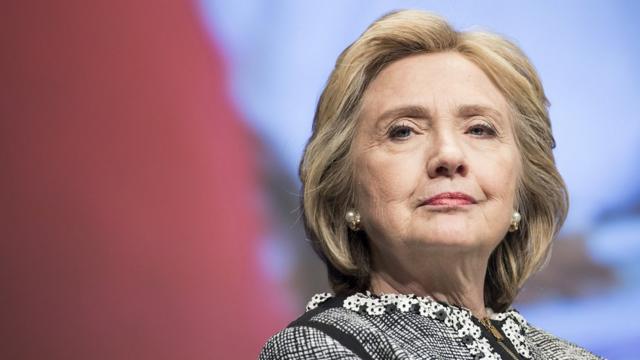When Mexicans elected their new president, they also chose the next negotiator-in-chief to address complex issues with the United States, such as immigration, trade, and fentanyl trafficking.
Claudia Sheinbaum won decisively, securing over 58% of the vote and a substantial mandate to govern Latin America’s second-largest economy and the United States’ top trading partner.
As President Andrés Manuel López Obrador steps down and Sheinbaum assumes office on October 1, she will face significant challenges, including slow economic growth and violence linked to organized crime. Additionally, she will have to manage a strained relationship with the U.S. Despite their deep economic ties, the U.S.-Mexico relationship has been tested by issues like global migration and drug trafficking.
“The two countries have been suffering from an incredible fumbling of the ball in dealing with each other,” said Tony Payan, director of the Center for the U.S. and Mexico at Rice University’s Baker Institute. “I think the two countries need to come back to the table.”
While Americans enjoy cultural imports like “taco Tuesday” and vacations in Cancun, the complexity of the U.S.-Mexico relationship extends far beyond these aspects. Mexico’s influence in the U.S. is pervasive.
Mexican-made car parts support U.S. autoworkers in Detroit, windmill blades are exported to U.S. clean energy plants, pacemakers save American lives, and Mexican avocados are a staple in dishes across the country.
U.S. exports to Mexico include grains from the Midwest and natural gas from Texas. In return, Mexico sends fruits and vegetables north, helping to keep U.S. grocery costs down amidst volatile inflation.
Last year, Mexico became the United States’ largest trading partner, surpassing China, with nearly $800 billion in annual trade, according to the U.S. Census Bureau.
However, the relationship is not without its challenges. Mexico serves as a transit country for hundreds of thousands of U.S.-bound migrants, creating repeated humanitarian crises at the U.S. border. It is also the source of the fentanyl that claims tens of thousands of American lives each year.
The U.S.-Mexico-Canada Agreement (USMCA), negotiated during the Trump administration, is set for renegotiation in 2026. U.S. business leaders worry that reopening the agreement could cause economic uncertainty and harm both countries.
“Mexico is now the U.S.’s main trading partner,” said Jennifer Apperti, director of the Texas-Mexico Center at Southern Methodist University. “To again reopen the door to things that have just been negotiated would be, honestly, not the best use of time. And business time is of the essence.”
Domingo Garcia, president of the U.S.-based League of United Latin American Citizens, expressed optimism about working with the Sheinbaum administration.
In previous meetings, Garcia found Sheinbaum “open, engaging, and willing to listen and share her thoughts on moving forward. Mexicans are vital to the United States’ economic future and our hemisphere’s overall robust vibrancy. At the same time, we must consider environmental and scientific initiatives in the interest of our well-being today and for future generations.”
With an estimated 60% voter turnout, this election was one of Mexico’s largest in history, with nearly 100 million eligible voters.
For the first time, Mexican citizens living in the United States could cast their ballots in person at 20 consulates, including in Phoenix.


